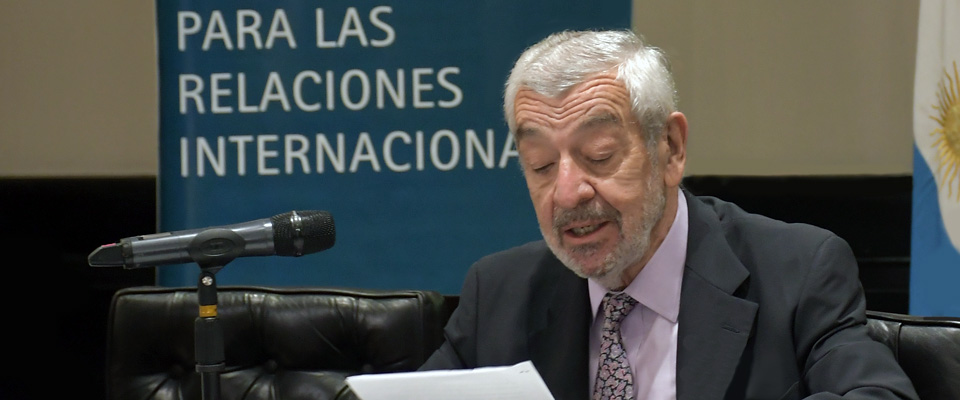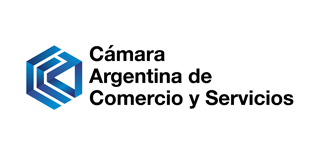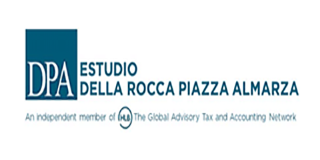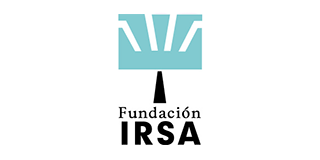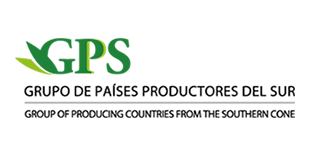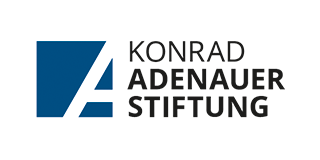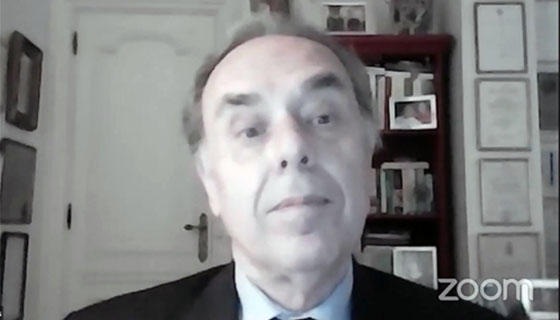
October 20, 2020
Seminar organized by the Working Group on Korea of the CARI Asian Affairs Committee and the South Korean Embassy in Argentina
By Jerónimo C. Besaglia, Volunteer Secretariat of Communication
Translation by Hannah Riley

The academic session "70 Years of the Korean War: Yesterday and Today", organized by the Working Group on Korea of the CARI Asian Affairs Committee, together with the South Korean Embassy in Argentina, was held on October 20th in virtual format.
The opening remarks were given by Ambassador Eduardo Sadous, Director of the CARI Asian Affairs Committee; Jang Myung-soo, Extraordinary and Plenipotentiary Ambassador of the Republic of Korea in Argentina and Álvaro Pava Camelo, Extraordinary and Plenipotentiary Ambassador of the Republic of Colombia in Argentina.
The exhibition began with Eduardo Sadous, who recalled the book "Argentine Foreign Policy 1930-1962" by Conil Paz and Ferrari, specifically the chapter on the Korean War that clarifies the Argentine position during the development of the conflict. He highlighted the position of Foreign Minister Jesús Hipólito Paz in front of Juan D. Perón, who concluded that Argentina would not send troops to the conflict in Korea, only food.
Jang Myung-soo, Ambassador Extraordinary and Plenipotentiary of the Republic of Korea in Argentina, explained the difficulty of South Korea's position on peace and security on the peninsula in relation to North Korea's nuclear weapons.
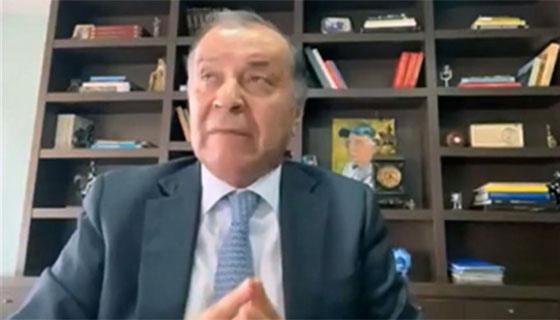
The Colombian ambassador to Argentina, Álvaro Pava Camelo, commented that "the Colombian contingent that joined the forces of the United States of America in the Korean War, fought for the defense of a clear conviction towards the defense of democracy "And that there are no borders when honoring veterans.
Mercedes Giuffré, coordinator of the Korea Group of the CARI Asian Affairs Committee, began the presentation with a video of testimonies from Colombian war veterans in the Korean War.
Juan Salcedo headed the block In Korea for Freedom and Glory, where he began: "I will try to show the feat of Korea, as we saw it and as long as it is remembered, thus noting that whoever speaks to them had not entered military school", and continued with a brief historical review of the conflict in relation to Colombia. He remarked on the outstanding unity of Colombia, the exploits of Second Lieutenant Camilo Torres and pointed out that in the conflict "there was no nuclear risk, freedom and democracy were at risk." He then proceeded to recall the exploits in Operation Bárbula and Hill 180 which was followed by the attack on "Old Baldy" and PAC "Dale." He went on to name the work of the Colombian Navy after Admiral Guidberto Baron Silva and the casualty rate statistics.
The session continued with Jorge Malena, Coordinator of the China Group of the CARI Asian Affairs Committee, who began the presentation on the strategic and military causes of the intervention of the People's Republic of China, where he stated that "although the Chinese intervention saved the collapse to the Kim Il-Sung regime, it failed to meet the objective of defeating the United Nations forces led by the United States. Dr. Malena commented that this is why the map in Korea remained the same and that it accelerated the entry of the Cold War in Asia. The speaker opened the question "why did Mao decide to support North Korea in its fight against a coalition of all western industrial powers? What were the root causes that led Beijing to decide to enter the Korean War? These questions were addressed with multiple theories, from the perspective of Harry S. Truman to the work "China Crossing the Yalu" by Allen Whiting and the raising of China's security interests that occurred in three areas.
Later, Malena emphasized the problems of the relationship between Kim Il-Sung and Mao and expanded on General MacArthur's role in the conflict. Dr Malena proceeded to quote Zhou Enlai, who explains the view of the main Chinese leaders on the conflict: "The US imperialist intervention in Korea aims to drive a wedge in Korea to make that country the basis for its actions by the Far East, after conquering Korea, the US will turn to Vietnam, after that, it will prepare to start a new world war, therefore, the Korean problem is key for Asia, in fact, Korea is the center of the struggles from all over the world". He also noted that "Zhou Enlai's thesis could well be called the Chinese version of the Domino Theory".
The speaker Favio Farinella analyzed the Korean War from International Law, he opened the block based on two visions of the conflict, the vision of classical international law and that of contemporary.
The first dimension would be that of the territory as the axis, which divides between the armed conflict and war on the one hand, and international humanitarian law on the other. It addressed the regulations generated from 1943/50 and noted that under Res. 195/1948, South Korea was the first state with observer status.
Farinella highlighted that "the regulations give us the basis through two theories in international law, the idea of the existence of a soft law, a series of declarations and norms, which indicate that the basis and foundations of a future peaceful solution It must be given by certain questions, those that derive from the regulations". Given the attack by North Korea, Farinella indicated that the conflict to address the freedom of the Korean people became an immediate conflict over the territory. The reaction of the international system highlighted that it was the first collective use of force and a strong impact in view of international humanitarian law, war crimes and the Geneva Convention.
The second point dealt with self-determination as the axis of the conflict. This opened on self-determination and human rights and the Korean question. Farinella expanded on the relationship of both Koreas with International Criminal Law and the court's assessment of war crimes.
To conclude, the speaker made a comparative distinction between the "yesterday and today" of the Korean conflict and how there was a turnaround turning into a conflict for freedom.
It was followed by Mercedes Giuffré, who emphasized "de-Westernization".
The speaker emphasized the enormous difficulty of Korean unification and all the obstacles that this implies given the "two radically opposite worlds" as mentioned. Then he proceeded to make a historical analysis of the decades from 1970 to 1990, where he highlighted the nuclear development of North Korea under the postulate "military first", Mercedes Giuffré expanded with presentations on the axes of power in Asia and the global security environment, where he stated that in the 21st century we find ourselves in a coexistence of cooperation and competition. He added to the exhibition the ineffectiveness of the dialogue of the 6, marked by the withdrawal of the Nuclear Non-Proliferation Treaty by North Korea and the US troops over the Pacific.
Giuffré addressed South Korea's diplomatic efforts, raising as a basic objective an trustpolitik externalsystem to develop trust in the Korean peninsula, where economic assistance from South Korea was also explored to mitigate costs of unification and the objectives of "Peace and prosperity" under the wing of Moon Jae-in. The administration of the President of South Korea was expanded based on the forms of rapprochement with North Korea.
The speaker highlighted the complex relationship between China and North Korea with the following Chinese proverb: "If the lips disappear, the teeth will be cold". The phrase refers to the fact that if one of the interdependent circumstances collapses, the other will be in danger. According to Giuffré, China and North Korea have a political and economic relationship, where North Korea plays a role of "buffer state", however, a certain distancing was raised on the part of China and proceeded to expand the complex relations with China and the US on the international board.
To conclude, Mercedes Giuffré showed the two unification projects of each Korea and made a synthesis on the unstable balance of Asia and remarked that "much of the Chinese support for North Korea is due to its aversion to a united Korean peninsula, allied with The US", which is why he emphasized that the US and China are facilitators of Korean unification but they do not give consistent support given that they do not want to alter the regional strategic balances.
